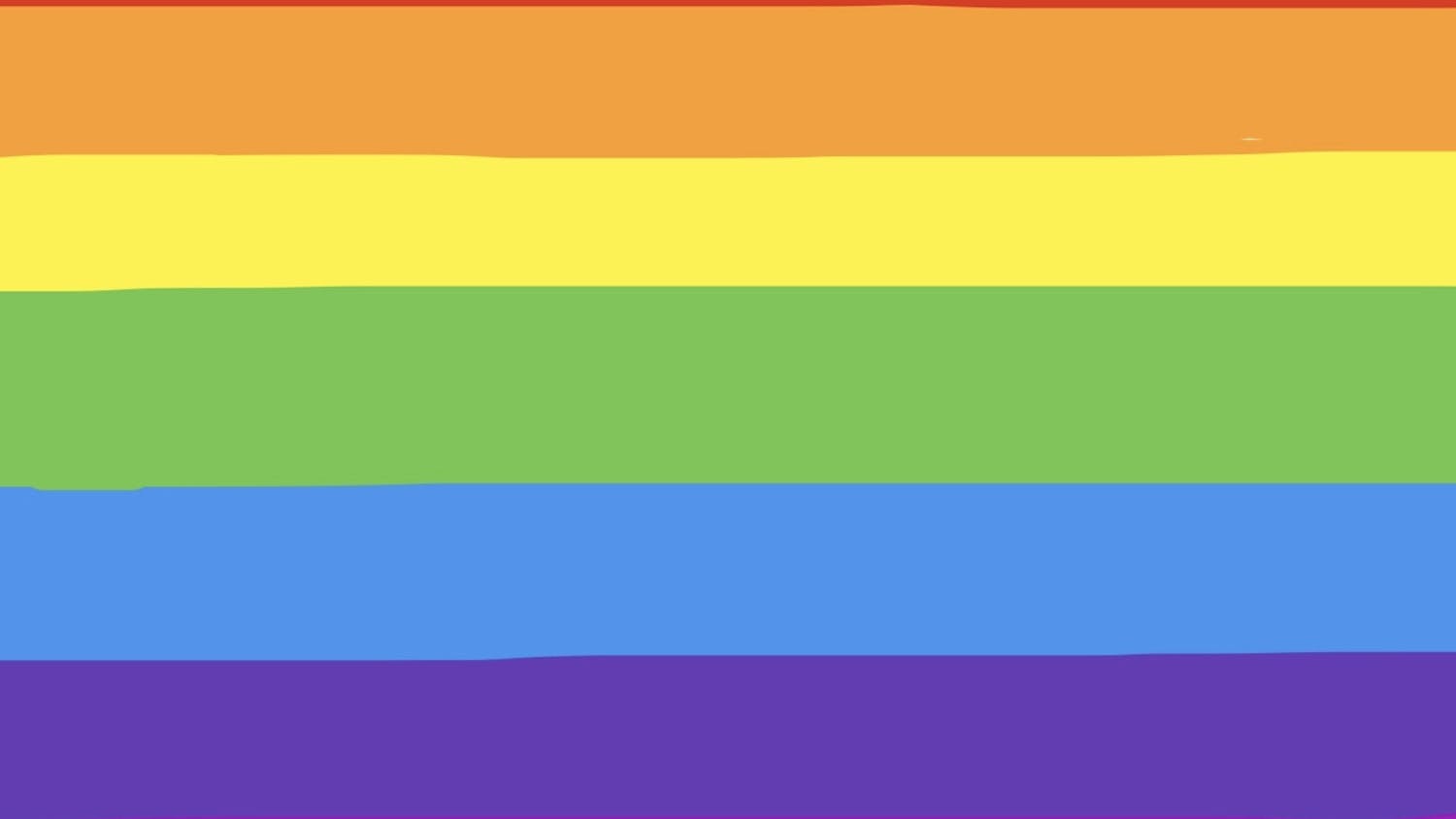“WikiLeaks” has become a buzzword for anti-establishment Americans. The organization, specializing in revealing otherwise-restricted documents to the public through hacking, has been a subject of controversy among the government and media since 2006.
When you visit the WikiLeaks website, a menu stretches across the top of the page listing different categories of leaks. The categories include: intelligence, global economy, international politics, corporations, government, war and military.
While an organization as investigative as WikiLeaks is a politician's worst nightmare, is this level of transparency beneficial to the American public?
In an election as crucial to the future of our country as this year’s, WikiLeaks has decided to be the biggest contributor to the system of checks and balances by keeping American politicians and corporations as honest as possible through its leaks.
WikiLeaks has primarily taken aim at Hillary Clinton in the one topic she can’t escape, or at least provide meaningful answers for: her private email server.
The most recent, and perhaps the most popular, leak among the media is the selection of emails released from the server of John Podesta, a long-term associate of the Clintons and her current campaign chairman. The content of the emails includes information related to campaign planning, as well as communication between Clinton and foreign lobbyists urging her to accept campaign donations.
Perhaps even more controversial, some of these emails discussed Russia and its control over the strategic asset uranium, as well as donations to the Clinton Foundation shortly after gaining control of Uranium One. All of this information allows for speculation of a heavy Russian influence over the current election.
"We as Americans are uncomfortable with the idea that what we believe in may not be true."
Western Front Editorial Board
Aside from the Podesta emails, WikiLeaks has separate archives dedicated to the Democratic National Committee and over 30,000 emails to and from Clinton herself.
There has been consistent speculation about what kind of organization WikiLeaks is. Former U.S. Ambassador to Russia Michael McFaul tweeted about his interpretation of who’s behind WikiLeaks, “Can people STOP referring to Wikileaks as a news organization. They are a foreign agent, supported by Russia, publishing stolen data,” he tweeted. WikiLeaks defended their organization in a tweet, naming themselves “an award winning independent media organization, funded entirely by its readers, book and film sales.”
The remedy? “Your claim to being independent would be more credible if you published stolen data about Putin & Trump. You have never done so,” McFaul tweeted.
Russia or not, WikiLeaks and other hacking websites have arguably served as the watchdogs and whistleblowers for curious American citizens. But there comes a time where we have to question how much information is too much? Honesty is a virtue we are taught to value and seek, but it can be uncomfortable.
We as Americans are uncomfortable with the idea that what we believe in may not be true. Many of us find out we shop at a company supporting something against our ideals, for instance Urban Outfitters and its anti-gay tendencies — the same goes for our bipartisan system. Many democrats lost faith after finding traces of dishonesty within the party’s national committee. For example, according to the emails released by Wikileaks, Chairperson Debbie Wasserman Schultz strongly favored Clinton over Bernie Sanders, against whom the committee tried to build a narrative against during the primary election.
In a time where it’s possible that we can know too much information, does ignorance become even more blissful, or would we as voters rather know what we are truly casting our ballots for?
With the election in just a matter of weeks, voters should be thinking about the basic qualities we idealize in a president’s character — honesty, responsibility and transparency. On a local level, we should hold those in leadership roles at our own university to a similar standard.
Every institution, public or private, large or small, won’t always operate transparently. For instance, communication between The Western Front and the Associated Students isn’t always crystal clear. In fact, they refuse to comment on almost everything we inquire about.
We as a student body have a healthy relationship with faculty and staff, but we should always question the system if we wish to have a role in changing it. A lack of transparency is everywhere.





